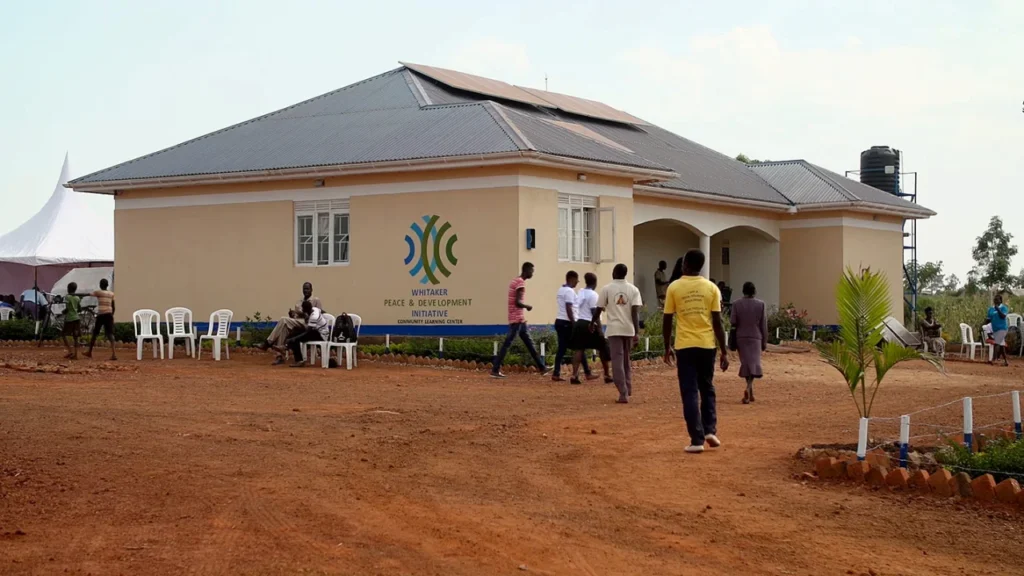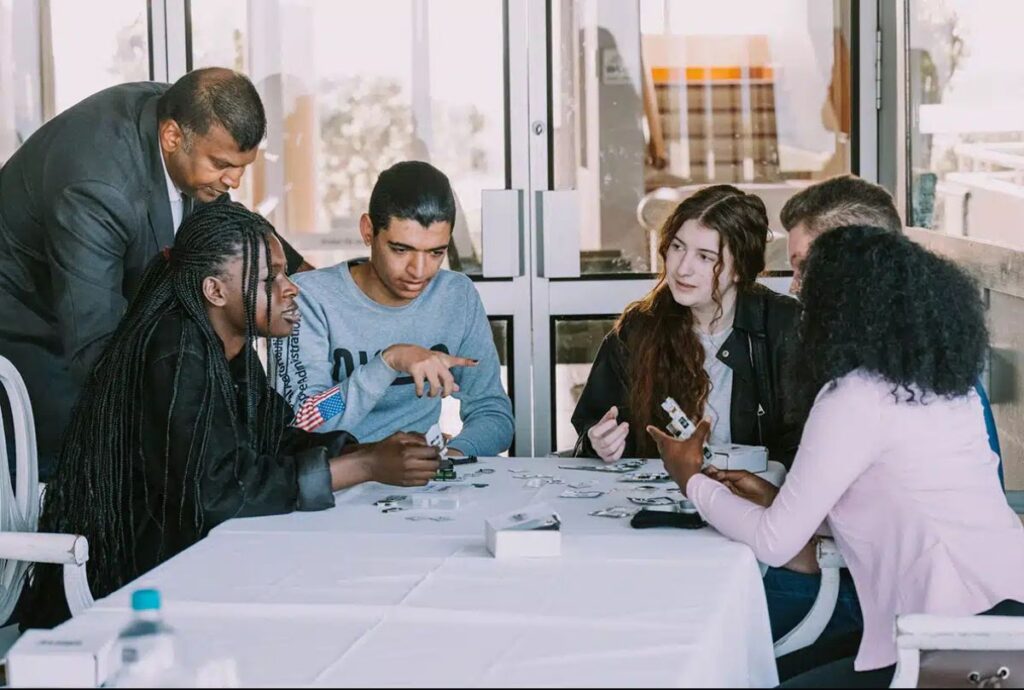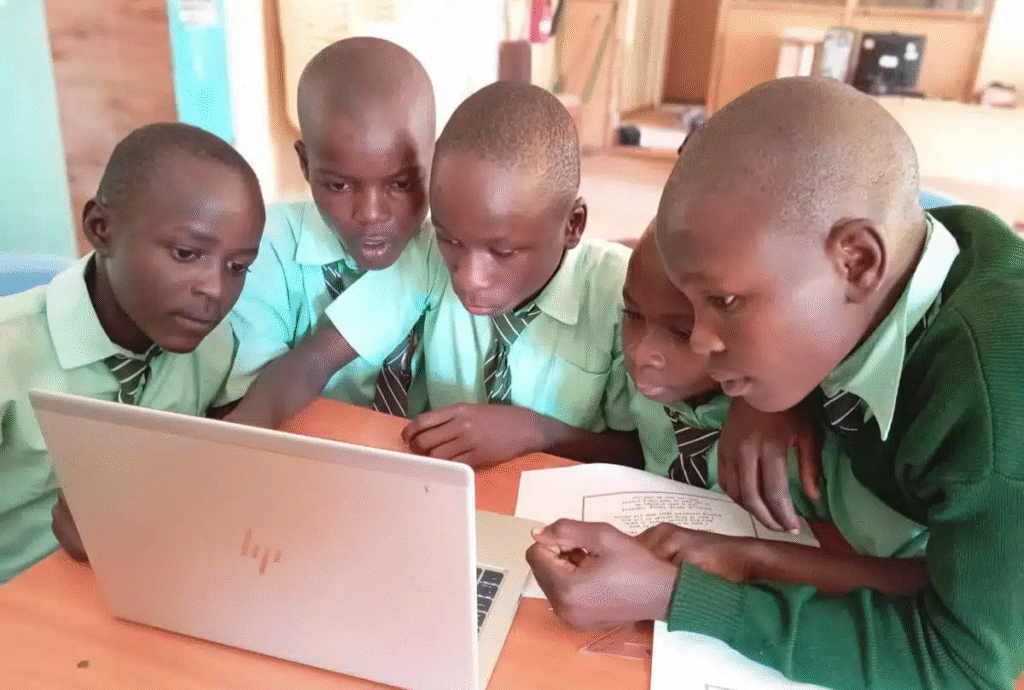In a significant stride toward reshaping Africa’s scientific landscape, Intelsat, in partnership with MaxIQ Space, has unveiled the next phase of its trailblazing Space STEM Program. Twelve visionary educational institutions across Kenya, Nigeria, Senegal, and South Africa have been selected this year. Over the coming 4–5 months, more than 3,000 students will engage with hands-on satellite modules and real-world space science challenges—redefining STEM education and charting a course for Africa’s future innovators.
Table of Contents

Intelsat Expands Reach Across Four African Nations
This latest rollout marks a strategic continuation of Intelsat’s STEM investment on the continent. It’s not just about numbers—it’s about spreading opportunity across urban and rural areas. The chosen schools exemplify exceptional infrastructure, a bold pedagogical vision, and a deep-seated commitment to nurturing future STEM leaders.
- Kenya: Kenya STEM Alliance, STEM Centre Africa, Green Hills International School, Women in STEAM Initiative
- Nigeria: Liftoff Africa
- Senegal: BLK Robot Project, American Bilingual School, Le Collège Bilingue, Lycée Galandou Diouf
- South Africa: Delf Nex‑Indawo Yethu eCentre, Edunova, La Rochelle Girls’ High School.
In total, twelve institutions—spanning secondary schools, community STEM hubs, and focused initiatives—will each receive custom MaxIQ Space xChip kits. These hands-on toolkits equip students with real satellite tech, data analytics skills, systems thinking, and more, providing a springboard into STEM fields.
A Journey of Immersive STEM Discovery
This upcoming academic journey blends lectures, labs, experiments, and mentorship with embedded sustainability themes. Here’s what participants will experience:
- Satellite Technology: Through xChip kits, students will build, code, and analyse space-based instruments.
- Data Science & Analytics: Real-data experimentation reinforces analytical thinking.
- Systems Thinking: Learners will dissect complex scientific systems from end to end.
- Mentorship & Educator Empowerment: Educators undergo custom training, empowering them with confidence and certification to lead innovation in their classrooms.
This hybrid learning model—virtual guidance paired with in-person experimentation—ensures that STEM is dynamic, contextual, and deeply rooted in local community needs.

More Than a Program: Building Sustainable Change
Intelsat and MaxIQ Space view their initiative as more than a short-term educational push. Instead, they’re laying the foundations for sustained STEM ecosystems:
- Curriculum Integration: xChip kits complement existing STEM programs, positioning space science within broader educational frameworks.
- Educator Empowerment: Teachers benefit from immersive professional development, community with space tech experts, and proficiency in future-focused subjects.
- Community Engagement: With educators as ambassadors, whole communities begin to view STEM as a catalyst for opportunity, not just for students, but for socio-economic advancement.
As Rhys Morgan, Intelsat’s RVP for EMEA Sales, notes:
“Africa’s space future is rising… STEM has the capacity to uplift communities, unlock potential and shape brighter futures.”
Meanwhile, MaxIQ Space co‑founder Judi Sandrock emphasises that this is not an isolated training effort but a growing network:
“We’re building a network of educators, students, and community leaders who view space science and sustainability not as distant ambitions, but as real opportunities.”
Serving National Development and Global Goals
This initiative aligns closely with several Sustainable Development Goals (SDGs), acting as a catalyst for both educational excellence and societal transformation:
- SDG 4: Quality Education – Nurturing students and teachers in STEM disciplines.
- SDG 9: Industry, Innovation & Infrastructure – Empowering local capacities in space technology.
- SDG 13: Climate Action & Sustainability – Leveraging data interpretation and sustainability-focused experiments.
By embedding real-world data-driven projects—such as environmental monitoring—the program equips learners to tackle regional problems with tech-infused solutions.
Context: A Growing Legacy in African STEM
While this phase launches in July 2025, it builds upon an established foundation:
- Five years strong: Since the program’s inception in 2020, it has grown annually to empower more schools and students.
- Deep community roots: Early versions involved students aged 14–18 in fully virtual labs and satellite builds. Existing alumni now mentor new cohorts, cultivating peer-led learning.
- Networked impact: Teacher and alumni networks guarantee the program’s impact extends long after individual cohorts complete their training.
Why This Matters: Humanising Space, Inspiring Change
For students—especially in underserved regions—working with space tech and sustainability science means:
- Empowerment: They can belong to fields from which they’ve traditionally been excluded.
- Career Visioning: Direct exposure to engineers, satellite professionals, and space data gives them real role models.
- Global Recognition: Certificates, awards, and public showcases elevate students and schools to international visibility.
- Creative Problem‑Solving: Students use tech to solve everyday environmental, agricultural, and infrastructure issues—sparking community-level innovation.
A Model of Scalable, Grassroots Innovation
Intelsat’s approach stands out because it blends:
- Public‑private synergy: An international satellite operator with a nimble STEM startup (MaxIQ Space).
- Local focus: Partnering with grassroots schools and STEM hubs ensures relevance.
- Educator-first strategy: Empowering teachers ensures that innovation doesn’t evaporate after the program ends.
- Data-driven, purpose-led projects: STEM learning is rooted in sustainability and community applications.

What’s Next: Stories, Insights, and Long-Term Momentum
Over the coming academic year, expect to see:
- Student projects analysing satellite data for climate or agricultural applications.
- Educator reflections on their journey integrating space robotics and science into classrooms.
- Program milestones, including award ceremonies, sustainability innovations, and media showcases.
Intelsat has pledged to shine a spotlight on these stories—elevating voices and outcomes as real-world proof of the program’s impact.
Key Takeaways
- What’s happening? 12 schools across 4 African countries have begun a multi-month satellite‑STEM program, reaching 3,000+ students.
- Who’s involved? Intelsat (global satellite communications) + MaxIQ Space (STEM kit provider), working with schools and STEM hubs.
- What they receive: Custom XChip satellite kits, educator training, mentorship, data-science integration, and community-driven, sustainability-aligned projects.
- Why it matters: It builds Africa’s next generation of scientists and engineers, advances national development goals, and tackles sustainability challenges head-on.
- Why it’s unique: It’s local, scalable, educator-focused, and aligned with real-world data and SDG-driven problem solving.
Join our WhatsApp community
Join Our Social Media Channels:
WhatsApp: NaijaEyes
Facebook: NaijaEyes
Twitter: NaijaEyes
Instagram: NaijaEyes
TikTok: NaijaEyes







































